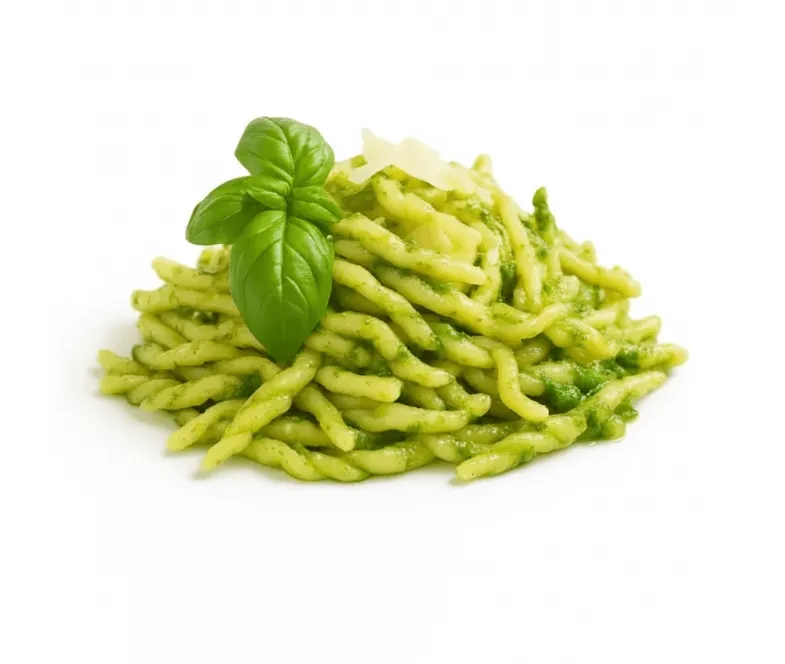 Adverbs
Adverbs
Lesson thirty-five

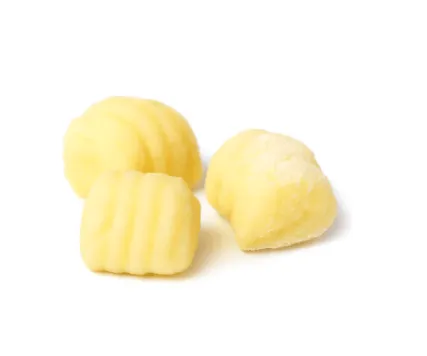
Lesson thirty-four
Conjunctions are essential elements in the Italian language that serve the important function of connecting words, phrases, or entire sentences. They help create more fluid and coherent communication by linking ideas, actions, and descriptions. Below is a comprehensive list of the most commonly used Italian conjunctions that every learner should become familiar with to improve both written and spoken Italian.
And
Used to connect two words or phrases.
Lei parla italiano e inglese.
She speaks Italian and English.
Ho un fratello e una sorella.
I have a brother and a sister.
Lei è bella e simpatica.
She is beautiful and friendly.
When the next word begins with e and, it is written as ed instead.
Anna ed Elena sono amiche.
Anna and Elena are friends.
Or
Used to present alternatives or choices.
Vuoi caffè o tè?
Do you want coffee or tea?
Parti domani o dopodomani?
Are you leaving tomorrow or the day after tomorrow?
Vai al lavoro in macchina o in treno?
Do you go to work by car or by train?
When the following word starts with an o or, it is written as od.
You can also use oppure, which is a more formal way of saying or.
Parti domani oppure dopodomani?
Are you leaving tomorrow or the day after tomorrow?
Vai al lavoro in macchina oppure in treno?
Do you go to work by car or by train?
But
Used to contrast two ideas or statements.
Io capisco l’italiano ma non lo parlo bene.
I understand Italian, but I don’t speak it well.
Voglio uscire, ma non ho tempo.
I want to go out, but I don’t have time.
Fuori è una bella giornata, ma piove.
It’s a beautiful day outside, but it’s raining.
A more formal alternative to ma is però.
Because
Non posso venire perché ho un impegno.
I can't come because I have a commitment.
Non sono partita perché ho perso l'aereo.
I didn't leave because I missed the plane.
Lei mi piace perché è onesta.
I like her because she is honest.
Until
Aspetterò finché non arrivi.
I will wait until you arrive.
Non cominceremo finché non torna.
We won't start until he/she comes back.
Finché piove non uscirò.
I won't go out until it stops raining.
By, within
Devo finire questo progetto entro una settimana.
I have to finish this project within a week.
Devo tornare a casa entro le due.
I have to go back home by two.
Entro le cinque devi prendere una decisione.
By five, you need to make a decision.
In a little while, soon
Sembra che fra un po inizierà a piovere.
It seems that it will start raining soon.
Ora sono con un cliente, ti richiamerò tra un po.
I am with a client now, I'll call you back in a little while.
Il treno partirà fra poco.
The train will leave soon.
Even if
Vado a correre anche se piove.
I'll go for a run even if it's raining.
Esco anche se sono stanco.
I'll go out even if I'm tired.
Anche se potessi, non potrei aiutarti.
Even if I could, I couldn't help you.
Since then
Da allora non è stato più lo stesso.
Since then, it hasn't been the same.
Da allora non l'ho più rivisto.
Since then, I haven't seen him/her again.
From now on
D'ora in poi voglio smettere di fumare.
From now on, I want to quit smoking.
D'ora in poi voglio passare più tempo con la mia famiglia.
From now on, I want to spend more time with my family.
In the meantime
Sto aspettando un'amica, nel frattempo ascolto della musica.
I'm waiting for a friend; in the meantime, I'm listening to music.
Sto preparando la cena, nel frattempo tu puoi apparecchiare la tavola.
I'm preparing dinner; in the meantime, you can set the table.
Indeed
Ieri non stavo bene, infatti sono rimasta a casa.
I wasn't feeling well yesterday; indeed, I stayed at home.
Non pensavo sarebbe arrivato in tempo e infatti è in ritardo.
I didn't think he/she would arrive on time, and indeed, he/she is late.
Questo edificio è vecchio, infatti è stato costruito cento anni fa.
This building is old; indeed, it was built a hundred years ago.
So, therefore
La macchina non funzionava, quindi ho preso l'autobus.
The car wasn't working, so I took the bus.
Ho lavorato tutto il giorno, quindi sono stanca.
I worked all day, so I am tired.
Non avevo fame, quindi non ho mangiato nulla a pranzo.
I wasn't hungry, so I didn't eat anything for lunch.
Instead
Pensavo scherzasse, invece era serio.
I thought he/she was joking; instead, he/she was serious.
Ieri sono andata al mare, tu invece cosa hai fatto?
Yesterday, I went to the sea; what did you do instead?
It is followed by the preposition di when the word that comes after is a verb
Invece di studiare ho giocato ai videogiochi.
Instead of studying, I played video games.
Invece di lamentarti cerca una soluzione.
Instead of complaining, look for a solution.
Indeed
Non sono triste, anzi sono contento.
I am not sad; indeed, I am happy.
Questo film non era bello, anzi era davvero orrendo.
This movie wasn't good; indeed, it was really awful.
La lezione non era noiosa, anzi era interessante.
The lesson wasn't boring; indeed, it was interesting.
When
Quando l'ho visto sono corsa ad abbracciarlo.
When I saw him/her, I ran to hug him/her.
Quando siamo arrivati, l'autobus era già partito.
When we arrived, the bus had already left.
Quando ero giovane, giocavo molto ai videogiochi.
When I was young, I used to play video games a lot.
While
Mentre camminavo, ho incontrato Lucia.
While I was walking, I met Lucia.
Mentre sono sull'autobus, ascolto della musica.
While I am on the bus, I listen to music.
Mentre lavo i piatti, guardo il telegiornale.
While I wash the dishes, I watch the news.
Either … or
O ci incontriamo alla mattina o al pomeriggio.
Either we meet in the morning or in the afternoon.
O andiamo in macchina o andiamo in treno.
Either we go by car or we go by train.
O mi chiede scusa o non gli parlo più.
Either he apologizes to me or I won't talk to him anymore.
Neither … nor
Non voglio vedere né questa serie né quella.
I don't want to watch neither this series nor that one.
Lei non mangia né carne né pesce.
She eats neither meat nor fish.
Paolo non è né bello né simpatico.
Paolo is neither handsome nor friendly.
Both … and
Sono libera sia il lunedì sia il giovedì.
I am free both on Mondays and Thursdays.
Lei parla sia italiano che inglese.
She speaks both Italian and English.
Sia Giorgia sia Aurora hanno un ragazzo.
Both Giorgia and Aurora have a boyfriend.
You can also say sia … che
However (formal but)
It means but but is pretty formal
Non siamo andati al cinema, bensì al teatro.
We didn't go to the cinema; however, we went to the theater.
Non sono andati in vacanza al mare, bensì in montagna.
They didn't go on vacation to the sea; instead, they went to the mountains.
Since
Siccome sono arrivata tardi, ho perso l'autobus.
Since I arrived late, I missed the bus.
Siccome ero malata, non sono andata a lavorare.
Since I was sick, I didn't go to work.
Since (more formal)
Has exactly the same meaning but is a bit more formal
Poiché sono arrivata tardi, ho perso l'autobus.
Since I arrived late, I missed the bus.
Poiché ero malata, non sono andata a lavorare.
Since I was sick, I didn't go to work.
You can also use also Visto che
However
Antonio è simpatico, tuttavia non mi fido di lui.
Antonio is nice; however, I don't trust him.
Mi piace quel ristorante, tuttavia è un po’ caro.
I like that restaurant; however, it's a bit expensive.
Ho studiato tutto il giorno e tuttavia non ho passato l'esame.
I studied all day; however, I didn't pass the exam.
Practically
Ho passato praticamente tutto il pomeriggio a studiare.
I practically spent the entire afternoon studying.
Praticamente non ho dormito stanotte.
I practically didn't sleep last night.
Praticamente tutte le mie amiche sono fidanzate.
Practically all my friends are in a relationship.
Otherwise
Sbrigati, altrimenti arriviamo in ritardo.
Hurry up, otherwise, we'll be late.
Alza il volume, altrimenti non sento.
Turn up the volume, otherwise, I can't hear.
Mangia di meno, altrimenti ingrasserai.
Eat less, otherwise, you'll gain weight.
You can also say sennò
That is
Ho incontrato le mie amiche, cioè Sofia e Chiara.
I met my friends, that is, Sofia and Chiara.
Sono arrivato tre giorni fa, cioè lunedì.
I arrived three days ago, that is, on Monday.
La madre di Giulia, cioè mia zia, fa l'insegnante.
Giulia's mother, that is, my aunt, is a teacher.
Yet
La squadra ha giocato bene, eppure ha perso.
The team played well, yet they lost.
Ho studiato per l'esame, eppure ho preso solo 6.
I studied for the exam, yet I only got a 6.
So that
Ho risparmiato affinché potessi comprare una casa.
I saved money so that I could buy a house.
Spegnerò la musica affinché tu possa studiare meglio.
I'll turn off the music so that you can study better.
After which
Ho fatto colazione, dopo di che sono andata al lavoro.
I had breakfast, after which I went to work.
A luglio mi diplomerò, dopodiché inizierò l'università.
In July, I will graduate, after which I will start university.
Nevertheless
Questa borsa era costosa, ciò nonostante ho deciso di comprarla.
This bag was expensive; nevertheless, I decided to buy it.
È brutto tempo, ciò nonostante andrò lo stesso in vacanza.
The weather is bad; nevertheless, I will go on vacation anyway.
On the condition that
Te lo dico a condizione che non lo dica a nessuno.
I'll tell you on the condition that you don't tell anyone.
Ti presto il libro a condizione che me lo restituisca.
I'll lend you the book on the condition that you return it to me.
Once
Scrivimi una volta che arrivi.
Write to me once you arrive.
Una volta che avrò la laurea, troverò un lavoro.
Once I have my degree, I will find a job.
Unless
Non parlerò con lui a meno che non mi chieda scusa.
I won't talk to him unless he apologizes.
Non finirò mai in tempo a meno che non mi aiuti.
I'll never finish on time unless you help me.
Although
Sebbene sia estate, fa freddo fuori.
Although it is summer, it's cold outside.
Sebbene non lo conosca, mi sembra simpatico.
Although I don't know him, he seems nice to me.
 Adverbs
Adverbs
Lesson thirty-five
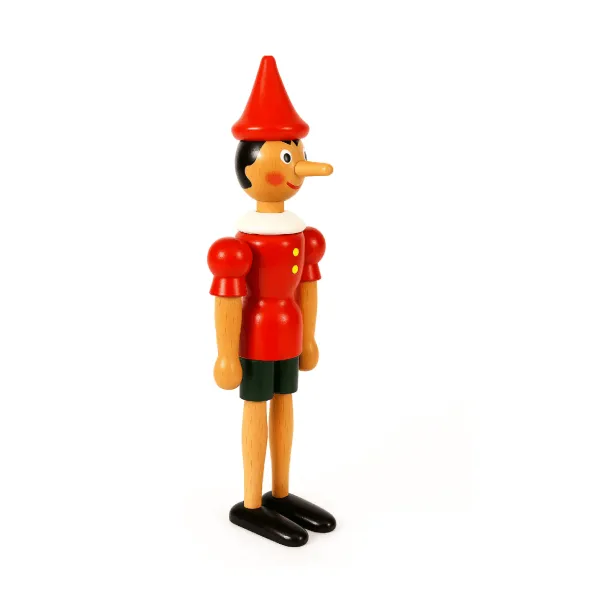 Future tense
Future tense
Lesson thirty-six
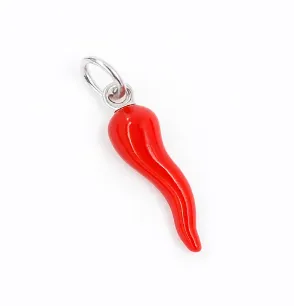 Imperative
Imperative
Lesson thirty-seven
 Conditional
Conditional
Lesson thirty-eight
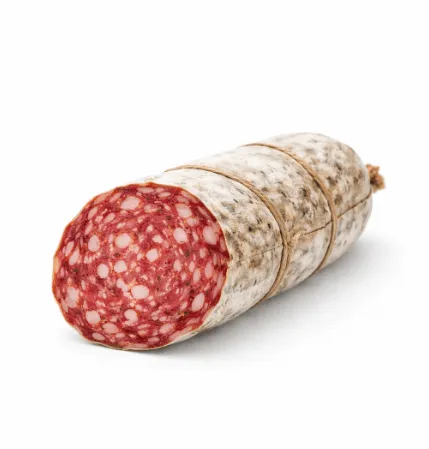 Indefinites
Indefinites
Lesson thirty-nine
 Diminutives
Diminutives
Lesson forty